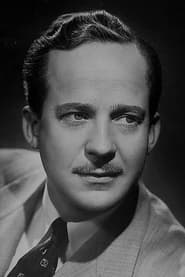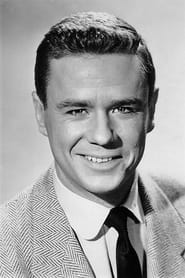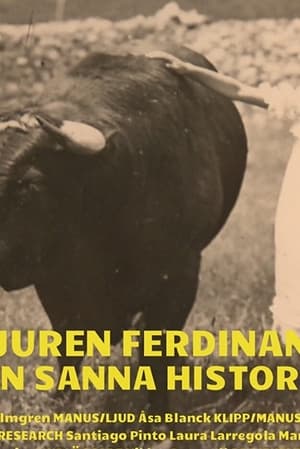

Born to Fight(1956)
A showcase of bullfighting in Portugal, explaining how the country's version of the sport differs from those in Spain and Latin America and helps define the national character. After showing the training techniques for the bulls and horses, a bullfight is presented.
Movie: Born to Fight
Top 4 Billed Cast
Self (uncredited)
Self (uncredited)
Similar Movies
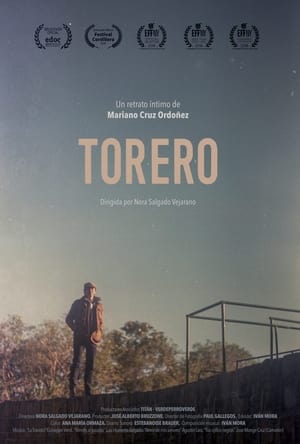 0.0
0.0Torero(es)
Mariano Cruz Ordóñez is an Ecuadorian bullfighter at the end of his artistic career. Mariano was a figure of bullfighting in Ecuador and participated in the most important bullrings of his country and the world. The glory years have passed and prohibitions have arisen regarding bullfighting shows, and the only thing left is, with tenacity and faith, to fight against various adverse circumstances looking for a chance to move foward.
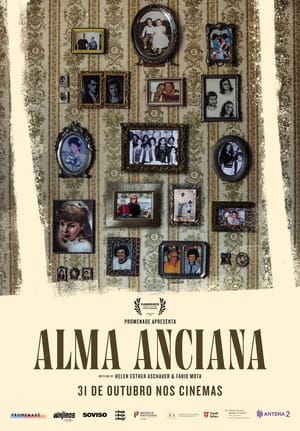 0.0
0.0Alma Anciana(pt)
Three juxtaposing stories taking place in Portugal, Austria and Cuba create an intimate and poetic portrait of the daily lives and struggles of the elderly in an unstable world, seen through the eyes of their grandchildren.
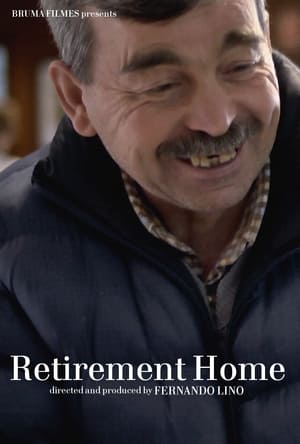 10.0
10.0Retirement Home(pt)
A group of elders spends their weekdays in a retirement home in Sandim, in the north of Portugal, where they talk, do arts and crafts, practice yoga and pray. We follow them between October 2012 and March 2013, when an economic crisis overshadowed Portuguese society and unemployment rates reached record levels. Meanwhile, arrangements are made for the Carnival ball. Will they bring the first place home this time?
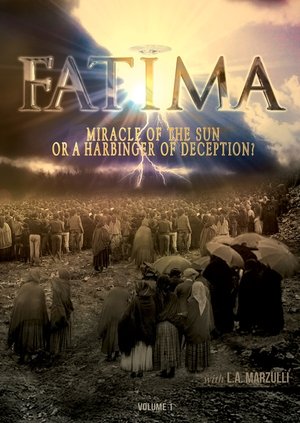 6.0
6.0Fatima: Miracle of the Sun or Harbinger of Deception?(en)
100 years ago an event happened that changed the world. Upwards of 70,000 were gathered in the little village of Fatima, Portugal. They were told, by an apparition that had appeared to three children—what many believed to be Mary of the Bible—that a miracle would occur. Something happened on October 13, 1917 and thousands of people witnessed it… It was called, The Miracle of the Sun.
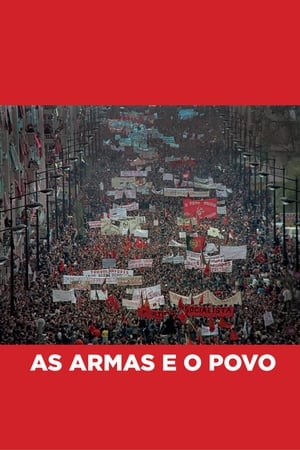 7.3
7.3As Armas e o Povo(pt)
Film directors with hand-held cameras went to the streets of Lisbon from April 25 to May 1, 1974, registering interviews and political events of the Portuguese "Carnations Revolution", as that period would be later known.
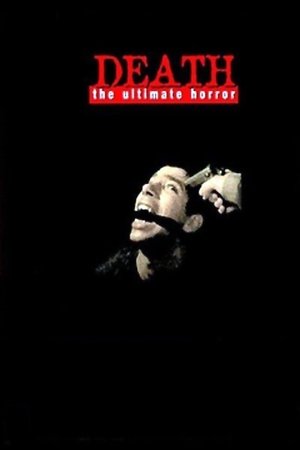 6.3
6.3Death: The Ultimate Horror(en)
This grisly documentary presents horrifying journalistic footage of suicides, assassinations, bombings, mob hits, decapitations, and more in bloody detail. Not for the faint of heart.
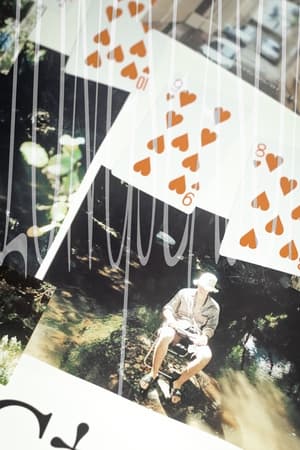 7.0
7.0longseason(pt)
In the year of 2022, a late teenager and their friends film moments they would prefer not to forget: their long season.
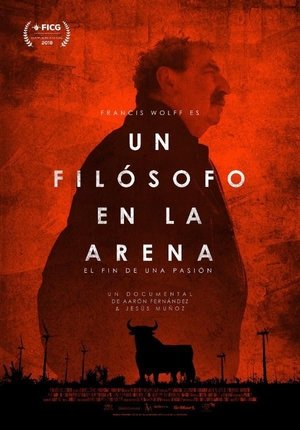 2.0
2.0A Philosopher in the Arena(es)
After his retirement, french philosopher and bullfighting enthusiast Francis Wolff decides to embark on a journey to France, Spain and Mexico joined by two mexican filmmakers who hardly know anything about bullfighting, a culture whose days seem to be numbered. During their road trip, they encounter numerous personalities with whom they reflect on mankind’s relationship with animals and nature, but most importantly on our relationship with death and the meaning of the ultimate journey: life itself.
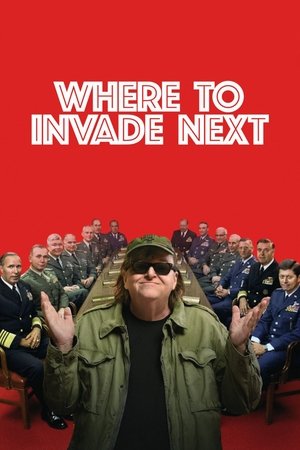 7.2
7.2Where to Invade Next(en)
To understand firsthand what the United States of America can learn from other nations, Michael Moore playfully “invades” some to see what they have to offer.
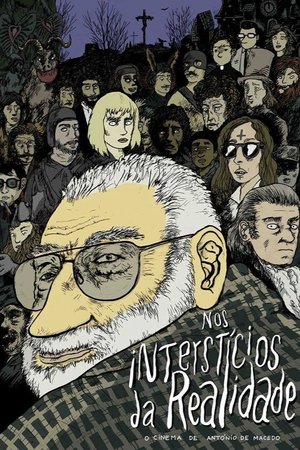 0.0
0.0In the Interstices of Reality or The Cinema of António de Macedo(pt)
He was the most prolific within the New Portuguese Cinema generation. He would try western spaghetti, esoteric allegory, supernatural, and science-fiction. Without state subsidies, he would quit filmmaking in the 1990s. Who remembers António de Macedo?
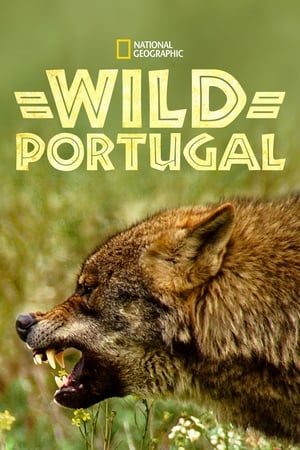 7.7
7.7Wild Portugal(en)
Picture a land of boulder-strewn shorelines, isolated mountaintops, and golden prairies. Here, packs of wolves stalk herds of ancient mustangs and tree-climbing carnivores keep entire forests on edge. Meanwhile, high above the crashing surf, a pair of storks attempts to raise a family on a narrow ledge atop a towering cliff. EUROPE'S WILD WEST is a place where survival is reserved for those with the keenest senses... and the quickest draw.
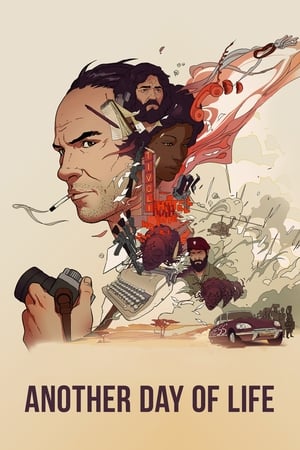 7.4
7.4Another Day of Life(en)
In 1975, Ryszard Kapuściński, a veteran Polish journalist, embarked on a seemingly suicidal road trip into the heart of the Angola's civil war. There, he witnessed once again the dirty reality of war and discovered a sense of helplessness previously unknown to him. Angola changed him forever: it was a reporter who left Poland, but it was a writer who returned…
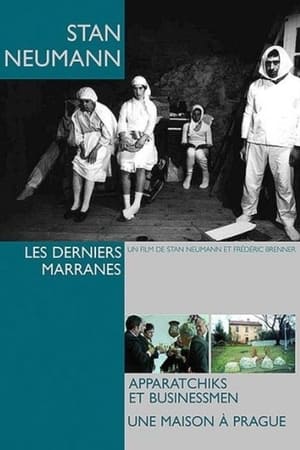 0.0
0.0The Last Marranos(fr)
Despite being forcibly converted to Christianity in 1497 many of the Jews of Portugal continued to practice Judaism in secret. Today, residents of the village of Belmonte practice an amalgam of Christian and Jewish rituals.
American Bullfighter(en)
The story of one American overcoming the demons of his past by entering the secretive world of Spanish bullfighting.
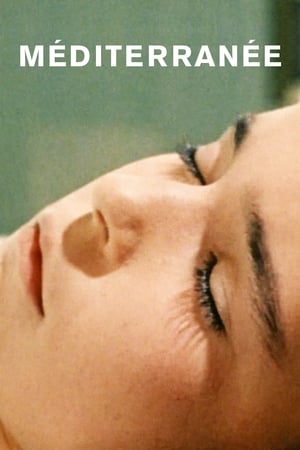 5.7
5.7Méditerranée(fr)
[Here] Pollet made a work that is the very definition of what French critics like to call an ovni or ufo (as in ‘unidentified filmic object’). [It] has been described as being ‘like a comet in the sky of French cinema,’ an ‘unknown masterpiece,’ and an ‘unprecedented’ work that refuses interpretation even as it has provoked reams of critical writing. Its rhythmic collage of images – a girl on a gurney, a fisherman, Greek ruins, a Sicilian garden, a Spanish corrida – is accompanied by an abstract commentary written by Sollers, and only the somber lyricism of Antoine Duhamel’s score holds the film’s elements together. At first viewing, you fear that [it] might fly apart into incoherent fragments. Instead, over the course of its 45 minutes it invents its own rules, and you realize you’re watching something like the filmic channeling of an ancient ritual. – Chris Darke, FILM COMMENT
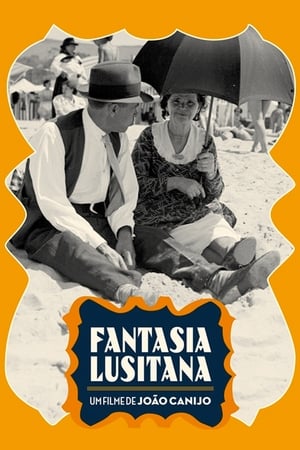 6.4
6.4Lusitanian Illusion(pt)
Images and sounds expose the duality of Portugal during the days of WW2: a peaceful, god-loving, rural country, providing an escape route for over one hundred thousand European refugees to the Americas; and a political and cultural elite that disguised their Nazi inclinations just enough to play its neutral role in international politics.
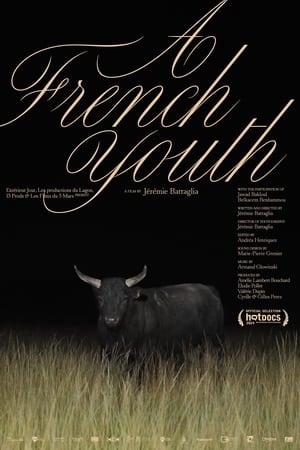 0.0
0.0A French Youth(fr)
In the heart of the Camargue region, in the south of France, Jawad and Belka find freedom in their love of Camargue races. For these young Maghrebi men, the event is more than a simple tradition. Facing off with a bull is an opportunity to establish their place in the arena—and in French society. But at what cost?
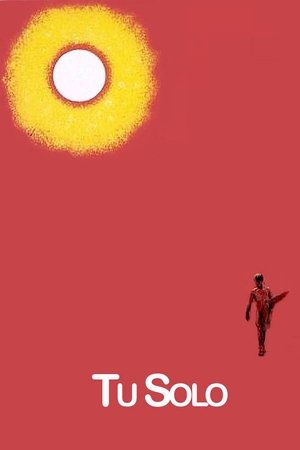 5.3
5.3You Alone(es)
In their spare time, after their studies or their work, children and adolescents between the ages of eight and sixteen meet at the School of Bullfighting in Madrid to learn the Art of Cúchares: Torear. In their stomachs there is no hunger as in the past, their dreams do not lie in having a farmhouse and being famous. Their only dreams are to be in front of a bull, animal with which death goes, fact of which they are fully aware, as their teachers continually remind them. These, retired bullfighters, some by age, others by force and all with their bodies full of scars produced by the horns of a bull. The nude bullfighting scene is fascinating without being exploitive, and it serves as an analogy for the vulnerability these young bullfighters have when in the ring with the bulls.
